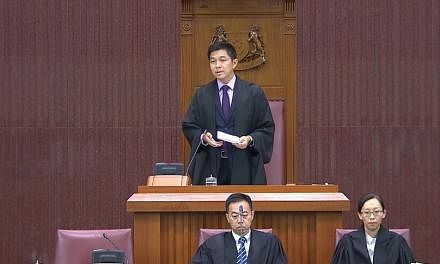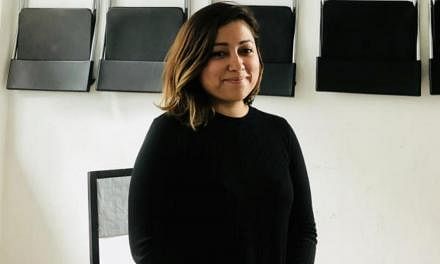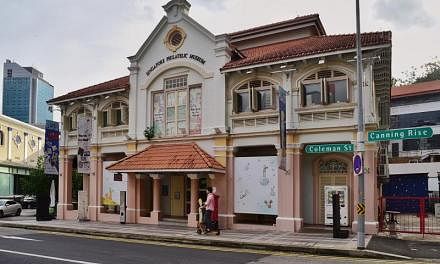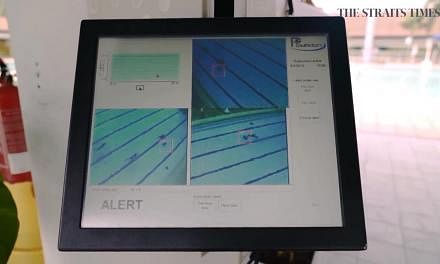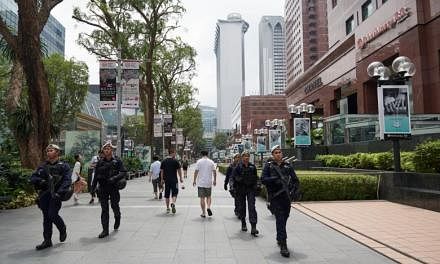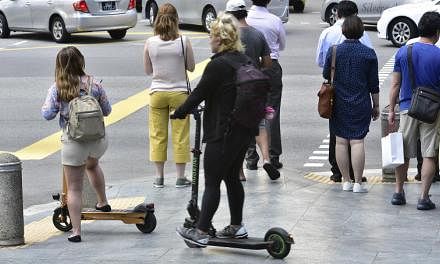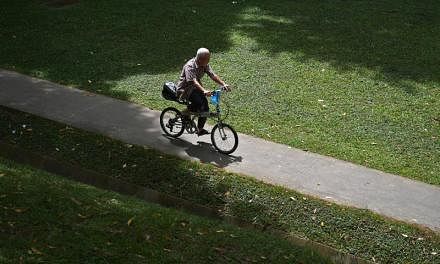SINGAPORE - By 2020, a total of 120 secondary schools will offer after-school engagement programmes, up from the current 60, Second Minister for Education Indranee Rajah said on Tuesday (March 5).
Speaking during the debate on the Education Ministry's budget, Ms Indranee said the consolidated programmes, called Gear-Up, will see schools "work with community partners to provide customised support and after-school engagement, and strengthen our students' social-emotional competencies and social skills".
"These programmes will be especially helpful to students from disadvantaged families, who will benefit from customised support and care," she told Parliament.
Ms Indranee heads the eight-member task force Uplift (Uplifting Pupils in Life and Inspiring Families Taskforce), which aims to "deep-dive into problems and issues faced by underperforming students from disadvantaged families, understand what exactly is preventing them from doing better, identify gaps to be filled and devise practical solutions".
After-school programmes in secondary schools, which cater to students who need close supervision and support, have been piloted since 2014.
The schools provide a space for students to do self-study. Activities can also be run by teachers, community partners or volunteers; they also act as mentors to the students.
"These programmes have strengthened social-emotional support to students and improved their connectedness to their learning, peers and school," said Ms Indranee.
Zack Poh, 18, a former student in Yuan Ching Secondary School, said the after-school engagement programme there changed his life.
He had self-esteem issues when he was posted to the Normal (Technical) stream after sitting the Primary School Leaving Examination.
It did not help that he was also overweight, which made him feel insecure in his co-curricular activity, dragon boat.
"No matter how hard I studied, I couldn't get the grades I wanted... I was asking myself, 'Why can others do it, but I can't?'"
Under the recommendation of his form teacher, Zack joined the after-school programme in 2016 when he was in Sec 3. He was one of the first as the programme was new - it did not even have a permanent venue then.
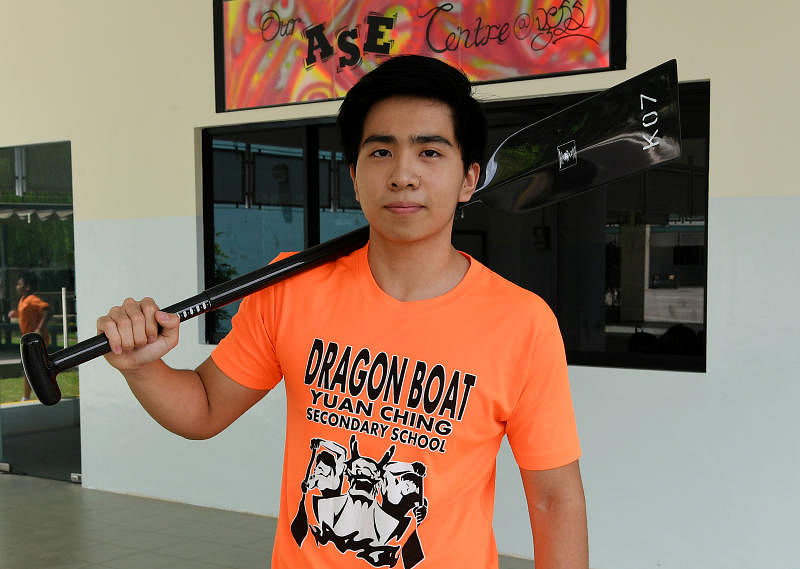
Every Monday, when the programme was in session, Zack would help to move the tables and chairs in a vacant classroom so that it could be used by others in the programme.
There, students could play board games or read books in a reading corner with shelves that had Zack built from cardboard boxes.
Zack said: "It may not sound like much but it was meaningful to me. The ASE (after-school engagement) centre was like a second home to me. I grew with it and built it up. Seeing the students happy made me happy - it felt like I achieved something."
In other secondary schools, different after-school engagement programmes are offered.
Kent Ridge Secondary's Saffareeszan Ghaniman Abdullah decided to join Youth COP, an engagement programme that partners neighbourhood police centres.
Under this programme, the 16-year-old would follow police officers on patrol, or participate in crime prevention roadshows where he would talk to members of the public about crimes like online scams.
Said Saff: "I used to have anger management issues but I have learnt that every action comes with consequences, which has reminded me to think before I act."
Ms Indranee also announced that an Uplift Programme Office will be set up within the Ministry of Education, as a dedicated team to strengthen partnerships between schools and community partners.
The Uplift Programme Office will work with schools to identify disadvantaged students and map out their needs to facilitate community-based outreach to the families, and match them to suitable community programmes or assistance.
It will first be focusing on supporting school-community coordination in selected pilot sites that have higher numbers of students and families fitting the target profile, said Ms Indranee.


